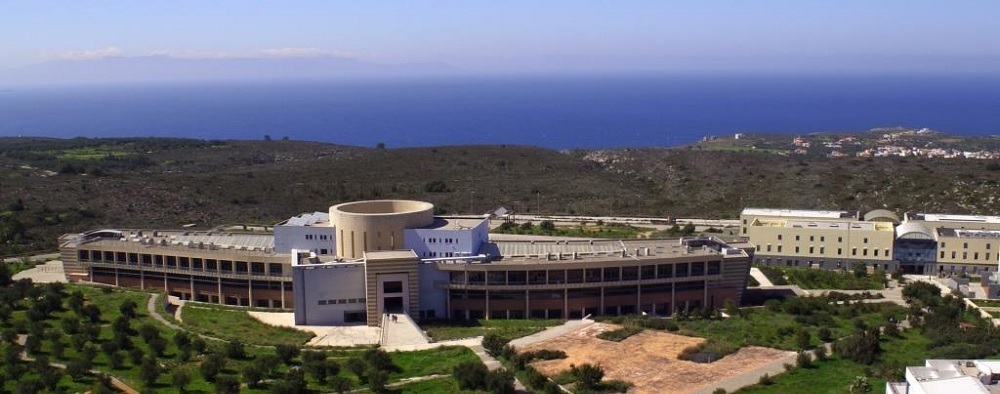Κατάλογος Εκδηλώσεων
29
Ιουλ
 Λ - Κτίριο Επιστημών/ΗΜΜΥ, 145Π-58, Πολυτεχνειούπολη
Λ - Κτίριο Επιστημών/ΗΜΜΥ, 145Π-58, Πολυτεχνειούπολη 29/07/2019 11:00 - 12:00
29/07/2019 11:00 - 12:00ΠΟΛΥΤΕΧΝΕΙΟ ΚΡΗΤΗΣ
Σχολή Ηλεκτρολόγων Μηχανικών και Μηχανικών Υπολογιστών
Πρόγραμμα Μεταπτυχιακών Σπουδών
ΠΑΡΟΥΣΙΑΣΗ ΜΕΤΑΠΤΥΧΙΑΚΗΣ ΕΡΓΑΣΙΑΣ
Κωνσταντίνου Κυριακίδη
με θέμα
Πλήρης Αρχιτεκτονική Προσομοίωση στην Ενσωματωμένη CPU-FPGA Πλατφόρμα HARP
Full System Architectural Simulation on the HARP Integrated CPU-FPGA Platform
Δευτέρα 29 Ιουλίου 2019, 11 π.μ.
Αίθουσα 145.Π58, Κτίριο Επιστημών, Πολυτεχνειούπολη
Εξεταστική Επιτροπή
Καθηγητής Διονύσιος Πνευματικάτος (επιβλέπων)
Καθηγητής Απόστολος Δόλλας
Αναπληρωτής Καθηγητής Ιωάννης Παπαευσταθίου (ΑΠΘ)
Abstract
Simulation is vital when developing novel software or hardware systems. Cycle accurate architectural simulators are extremely important tools for verifying experimental hardware platforms, system profiling, and advanced software development. Their main disadvantage is limited throughput when it comes to simulating large systems with multiple processing units and peripherals.
This Master’s thesis describes the development process of a series of HW components for Intel’s HARP CPU-FPGA hybrid platform, that will be used to synthesize an FPGA-accelerated full-system architectural simulator. Essential development steps and protocols, that are required to incorporate accelerators on the HARP platform, are also highlighted. The developed modules, facilitate high-performance HW components that can accurately and efficiently simulate a highly configurable L1 Cache and 3 highly configurable Branch Predictor HW stractures.
It is suggested that optimal performance for the proposed HW simulator can be achieved when executed in coordination with a fast functional simulator running on SW. A state of the art API exports trace-data from the functional simulation at run time, in order to load the HW modules. Using these data, the HW modules can accurately and efficiently execute architectural simulation. Apart from simulation results and timing statistics, the models can generate the system’s state for different timestamps, depending on the executed traces. These architectural checkpoints can later be used to either validate the functionality of the components, execute architectural simulations using the sampling method, or to warm-up other full system simulations.



